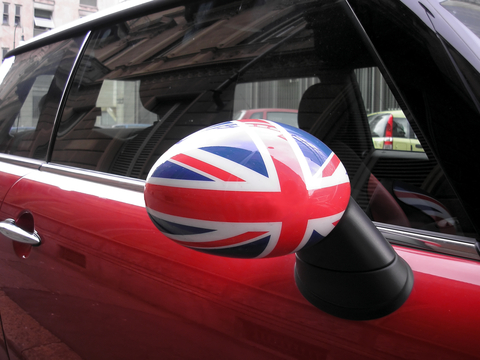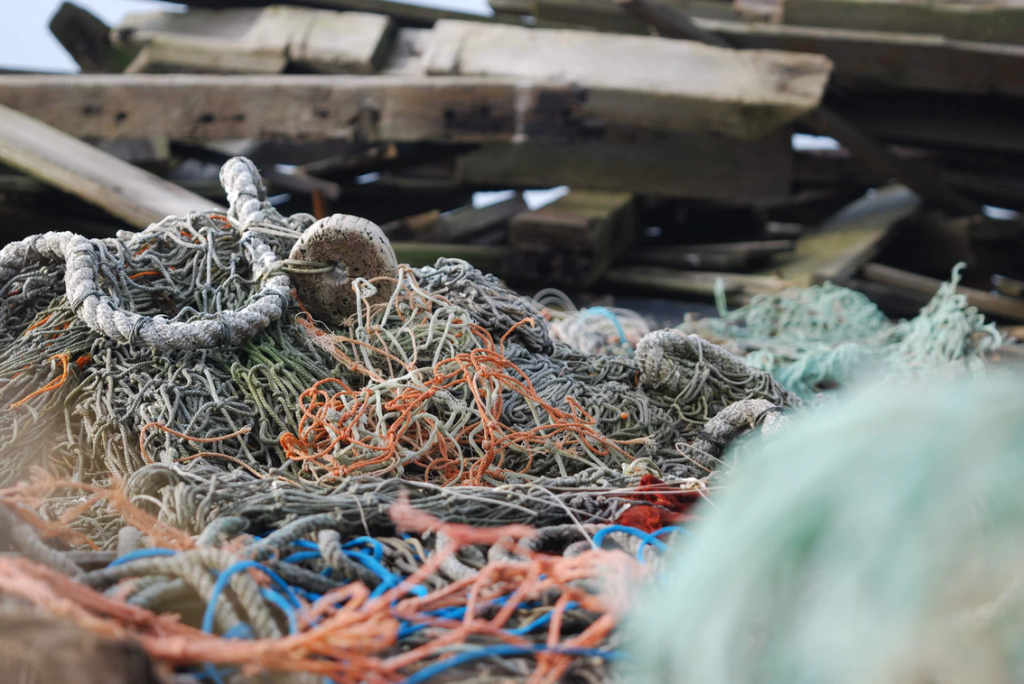Whether or not you agree with Boris Johnson’s Internal Market Bill there is a distinct whiff of unfairness about the UK/EU trade talks. The withdrawal agreement stipulated that both parties should do what they could to reach a trade agreement. Has the EU ever played ball?
EU has no interest in Northern Ireland per se
Northern Ireland has become nothing short of a bargaining chip as the EU continues to flesh out Brexit negotiations. In the background there has always been a hope that the UK electorate would change their mind and return “to the fold”. Boris Johnson’s huge Conservative majority at the last election put paid to thoughts a short-term return to the EU. So how has the EU responded?

Is the EU undertaking a scorched earth policy?
There is no way that the UK will ever give into the main sticking points of Brexit talks. These are, fisheries and a legal agreement to follow EU regulations in areas such as food and state aid – with no doubt many more to follow. What was the point of the UK going through Brexit? Was it even remotely worthwhile splitting the UK down the middle but following the democratic will of the people?
If the UK government was to lock into EU regulations across the board and backtrack on fishing rights for EU fishermen, they would be in the political wilderness for many years. You only need to take a look at the Labour Party to see how going against the will of the people, attempting to block Brexit, has impacted their core vote. The Red Wall fell at the last election and at the moment there is no evidence of it being rebuilt.
Traitors in the camp
Over the last few weeks we have seen evidence of skulduggery by various elements of the UK, looking to reverse the will of the electorate. On one hand we have the SNP government in Scotland crying foul that Scotland voted to remain in the EU, while ignoring the independence referendum result of 2014. Indeed, just a few days ago it emerged that the SNP government had been in talks with the European Union regarding the Scottish fisheries industry. Apparently, SNP ministers had advised the European Union that the UK would eventually cave in. This prompts the question, how can SNP ministers ever look fishermen in the eye again?
It will be interesting to see how Keir Starmer reacts to the collapse of Labour’s core vote at the last election. So far his policies have been benign at best. We are no more knowledgeable about his stance on Brexit than we were six months ago. Dubbed “Capt Hindsight” by Boris John there is no doubt that the Labour leader has landed a number of crushing blows on his Conservative counterpart. However, a quick glimpse back over his political leanings in recent weeks would suggest a significant number of flip-flops. Much easier when in opposition?
Is Boris right to rewrite the withdrawal agreement?
There is no doubt that the Internal Market Bill has been and will continue to be controversial. While some government ministers are trying to play down the significance of a potential breach of international law, there are certain issues to consider. The latest wheeze suggests that the element which would effectively break the withdrawal agreement is an “insurance policy”. So, why is the Internal Market Bill so important and would the EU really lock the UK out of Northern Ireland?
The left-wing press have certainly attempted to re-spin Boris Johnson’s plans for the Internal Market Bill. At the same time the European Union continues to play down an apparent threat not to place the UK on its “third countries” list – those able to export food to the European Union. So far so good, or is it?

The real concern is the fact that the UK could be banned from exporting food to Northern Ireland, a paid-up member of the Union, if the EU refused to add the UK to the “third countries” list. This has never been heard of before, one part of a Union not being able to transact with another as a consequence of an unconnected third party intervention. The people of Northern Ireland are already concerned about remaining part of the European Union, even if it is to assist with the long-term peace process. There lies the problem, if the UK was to break the withdrawal agreement and protect Northern Ireland that would prompt an array of legal action and potentially a border across the island of Ireland. We know that many paramilitaries are looking for an excuse to restart the fight.
Can Boris hold firm for much longer?
The UK Brexit negotiating team have held firm over recent weeks in the face of extreme criticism, pressure and blatant threats. There is a nasty undercurrent to the ongoing Brexit talks with various EU members stepping up to the mike to suggest that the UK will “regret” crossing the European Union. If the UK was to cave in now, any respect for one of the world’s largest economies would disappear. Rightly or wrongly, Boris Johnson has made his bed and now he needs to lie in it and ensure no ground is given. Is the breaking of an international treaty the ultimate cost?
Many critics are highlighting the potential damage the breaking of an international treaty would do to the U.K.’s reputation. Fair point. The problem is that we are living here and now, negotiating Brexit and it is obvious that the European Union is not using best endeavours to negotiate a trade deal. So, if the European Union is not playing ball why should the UK?
Conclusion
Rightly or wrongly, Boris Johnson is using the same underhand tactics as his EU counterparts. We only need to look at the way in which state aid regulations across the EU have been manipulated and ignored by the likes of Germany and France. When the two leaders of the European Union are blatantly breaking EU regulations, why on earth would the UK ever agree to sign up?
Incidentally, there are serious concerns about the long-term future of the European Union. There are now two distinct factions within the European Union with no middle ground for a truce. Against this extremely hostile background, the ongoing Federal Europe project is struggling to move forward. The withdrawal of the UK economy will have long-term implications as much for the EU as for the UK. When you bear in mind what the UK is being asked to give up, do WTO terms really look that bad?
